Change your stored postcode to update prices for your location.
We take great care in ensuring every aspect of our fleet is well maintained and looked after.
Our commitment to a continuous renewal scheme means that our fleet is modern, with no vehicle more than five years old, ensuring safety and reliability. Our drivers conduct daily safety checks first thing in the morning, with any issues being reported immediately.
All TJ drivers receive extensive and on-going training to prepare them for their roles and once established, maintain their skills and knowledge. We hold an annual training event during which drivers receive training to update their skills and learn any new ones required. We have an in-house CPC trainer, enabling all CPC training to be done on-site rather than elsewhere.
There are also different training requirements that need to be met to satisfy different customers. For example, Highways England encourages drivers to hold a Passport Scheme competency card to enter sites to ensure competency.
Other clients require drivers to have a Site Safety Awareness (MPQC) Card which also covers vulnerable road user training. Drivers must also complete 35 hours of periodic training every five years in order to be able to continue to drive commercially – another day per year dedicated to road safety.
All of our vehicles have a range of safety features installed to make them safer for both the drivers and those around them, as well as easier to manoeuver and operate. These features include automatic tailgates, a 6-point CCTV system, front and rear strobes, audible left turn warning, weigh loaders and side scanner sensors.
Since October 2020, all HGVs over 12 tonnes need a Direct Vision Standard (DVS) safety permit to enter or operate in the Greater London area. The DVS, which originated from Transport for London (TfL), focuses on eliminating HGV blind spots and requires operators to adhere to a set of standards to help ensure the safety of vulnerable road users such as pedestrians and cyclists.
Operators simply need to enter their registration number and the system will advise what star rating their vehicle has achieved. This information is sourced from the vehicle manufacturer’s. If you do have a star rating, you will be granted a permit to operate.
If you have a no start rating, you have to show, by submitting photographs, that your vehicle is fitted with certain safety features, e.g; passenger door safety window, side scanner system, CCTV especially showing the nearside of the vehicle and an audible left turn warning system – all the things that help eliminate dangerous blind spots.
We utilise Michelin’s Stop Loss Package, which gives us peace of mind when it comes to tyre safety on our vehicles. Michelin’s agent, Tructyre, is present in our depots, regularly conducting inspections and proactively replacing tyres as required to maximise our uptime.
When the worst happens and we do have a tyre-related issue day or night, Tructyre offer excellent roadside assistance 24/7 through their own call centre. Their operatives manage every breakdown from start to finish to ensure continuity, keeping our drivers and managers informed every step of the way.
TJ’s fleet is supplied with the Michelin XDE2+, a tyre that is part of a heavy-duty range for mixed service trucks operating under severe conditions. The new and improved range offers upgraded durability, efficiency, mileage and traction in all weather conditions.
Michelin also reports to us quarterly on their recycling of the tyre casings removed from our fleet. They operate a zero-to-landfill policy and run their own recycling and major repair operations to ensure this. This aligns well with our own values and gives us added confidence that we are doing all we can for the environment.
We’re committed to managing work related road risk (WRRR), particularly regarding vulnerable road users such as cyclists, TJ created its Cycle Safe Campaign in 2016 to raise awareness of the issue and to reduce the HGV / cyclist dangers.
In 2016, 271 collisions between HGVs and cyclists resulted in 16 riders being killed, 56 seriously injured and a further 198 injured. Although only 1.5% of cyclist casualties occurred in collisions with HGVs, this still equated to 16% of cyclist deaths.
The initiatives implemented as part of the campaign are:
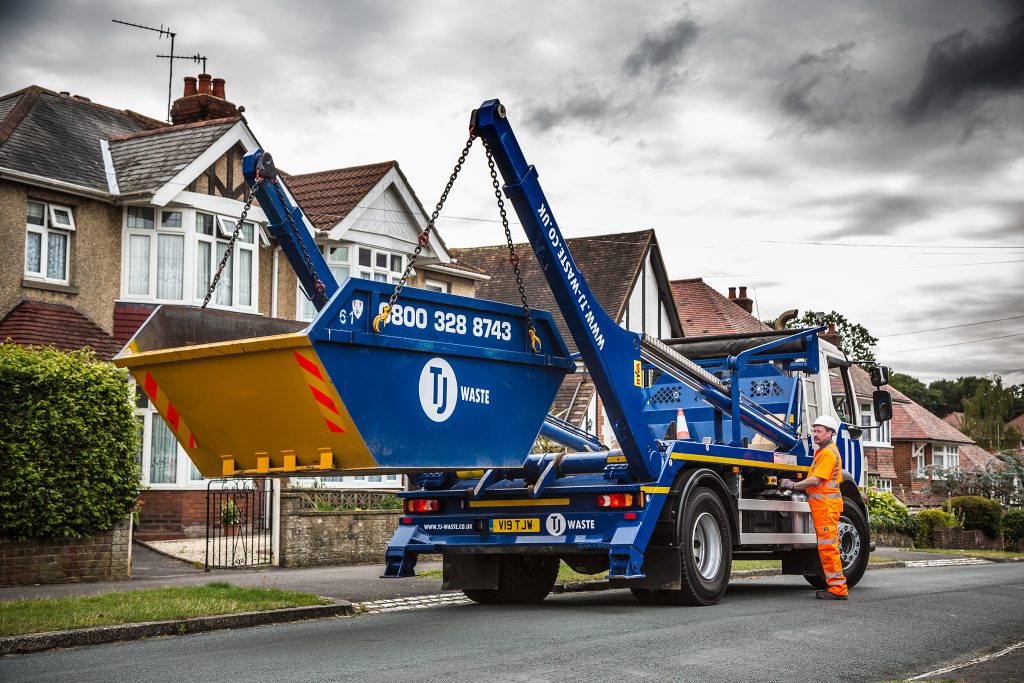
These are used to transport skips around for deliveries and collections. They can accommodate a number of empty skips or one full skip per load. They have chains to lift the skips on and off and are typically used for domestic customers and smaller projects.
Customers should ensure there is sufficient space for the lorry to park and unload the skip in the vicinity, a few metres in each direction in addition to the size of the skip would be ideal. Please advise if unloading the skip will mean blocking the road itself, so that the driver is prepared for this.
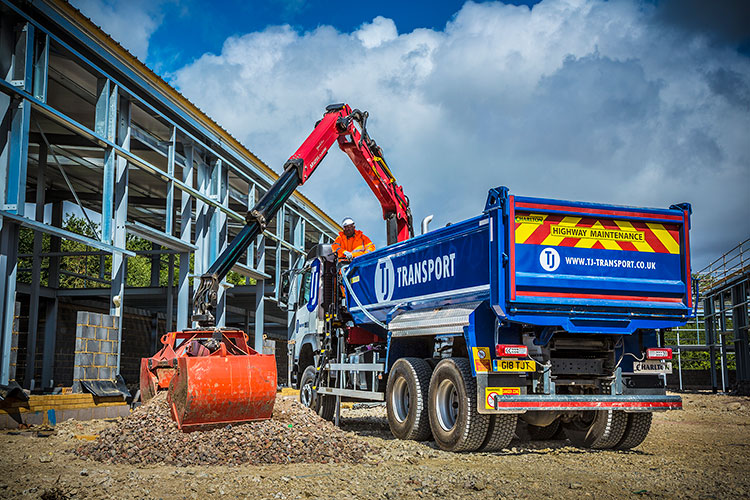
These are usually used on smaller or domestic projects to remove waste and perhaps for loading onto tipper lorries.
They are also used to distribute materials where access may be limited or where the customer wants the materials dropped in a few locations around the site.
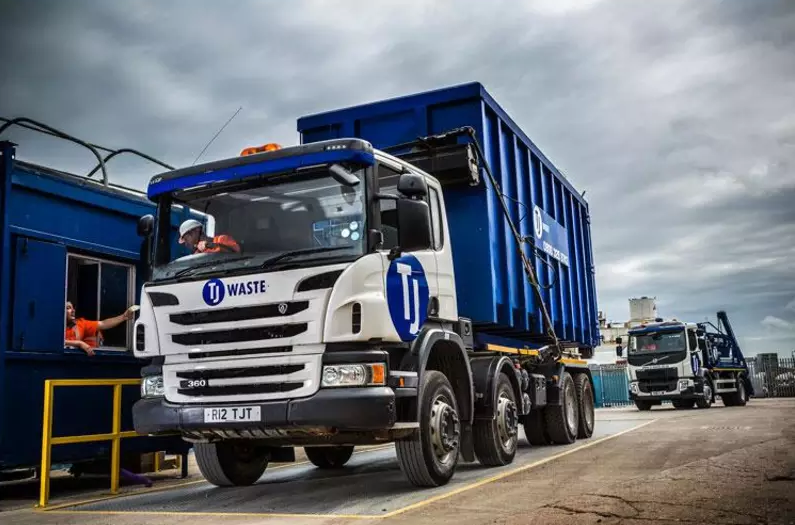
These are ideal for industrial/trade waste or those with a high volume of heavy waste to get rid of.
These lorries are operated hydraulically and rather than lift the bin, will pull it onto and push it off the lorry. This means that the site will need to have space for the lorry itself as well as additional space for the RORO to be slid onto.
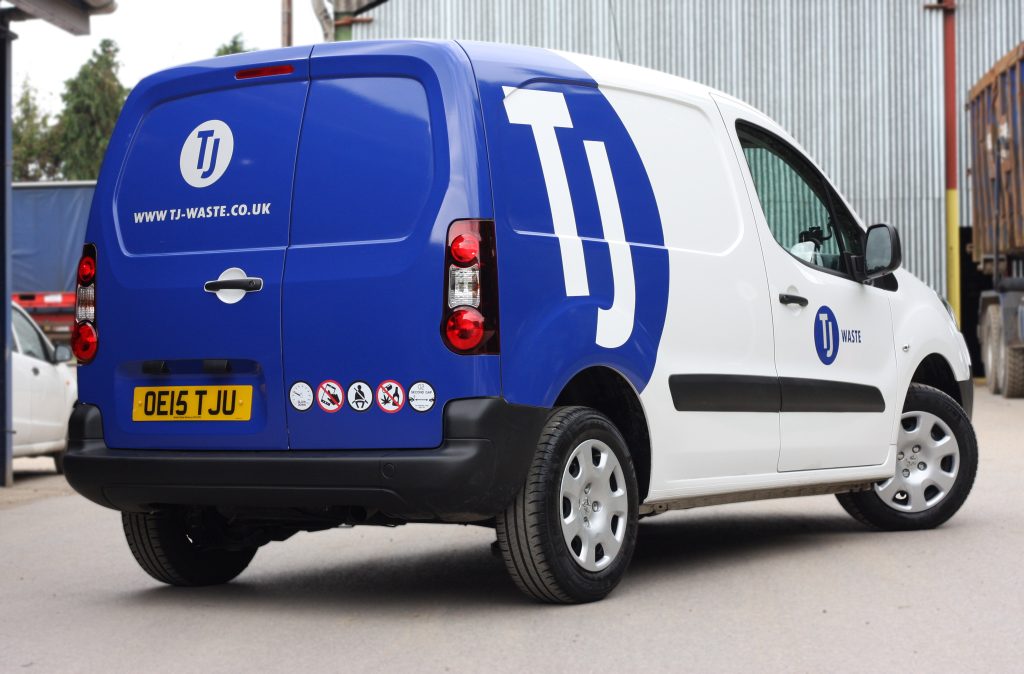
Our 7.5 tonne box vans are used for our waste collections services.
These are usually utilised by trade customers who have recyclable waste to be collected, confidential waste that has been shredded or needs shredding, site clearance jobs, or to transport unwanted fridges or mattresses. These vans are quite compact and can manoeuvre around most sites with ease.
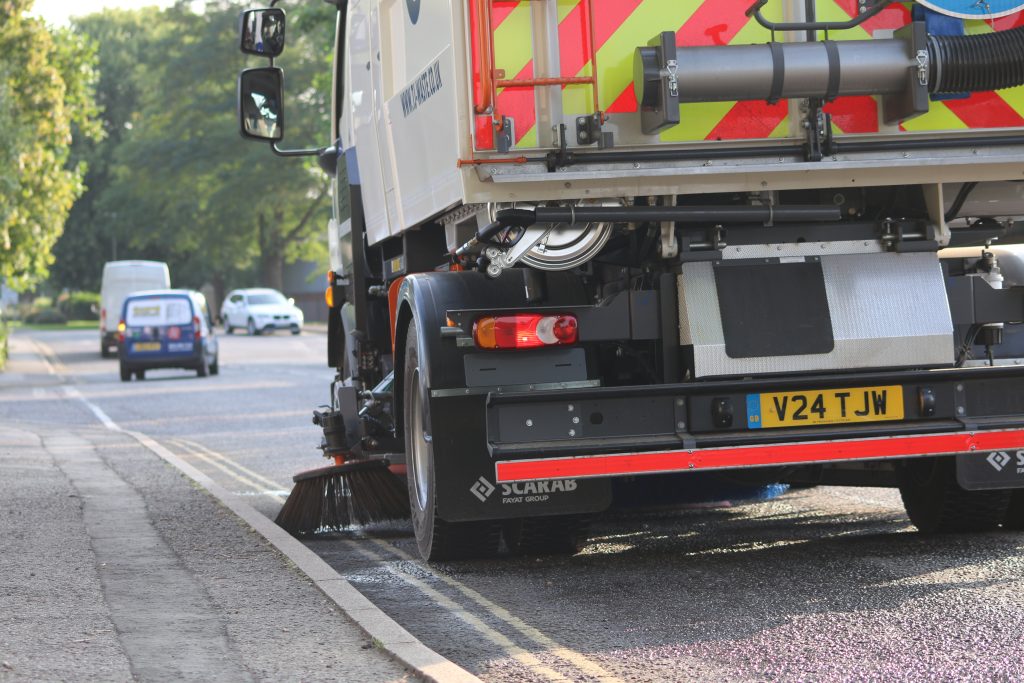
These are usually hired by commercial clients to clean sites routinely or for clear-ups after events or busy periods.
Construction companies often use sweepers to keep site exits clean and to prevent muck being transferred to surrounding roads. Sweepers are quite small in size and can be hired on an hourly or daily rate, offering convenience and value for money.
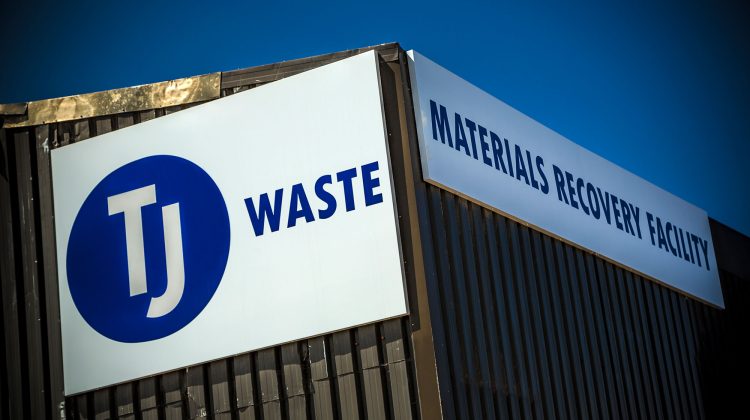
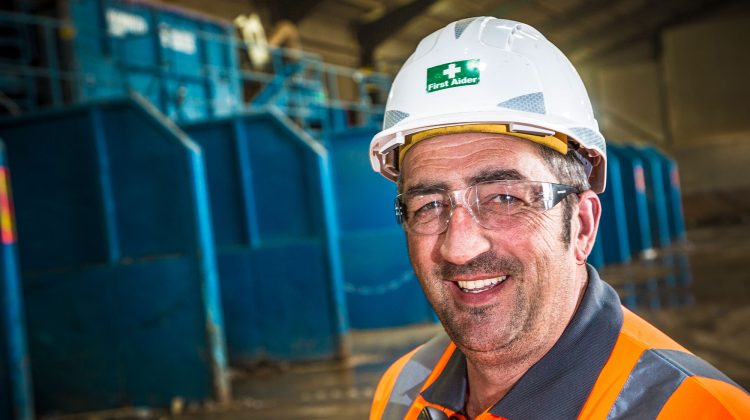
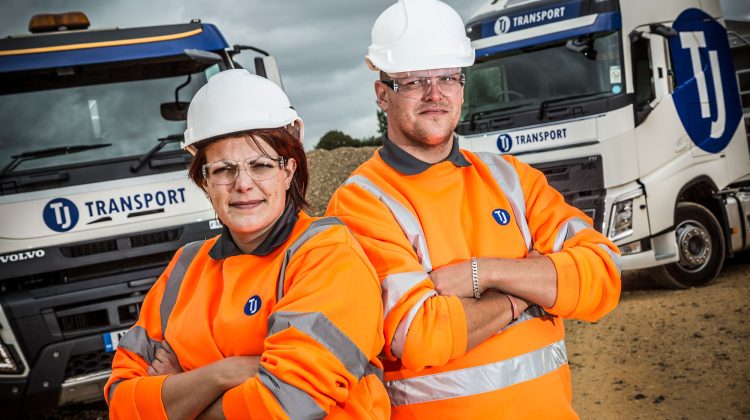
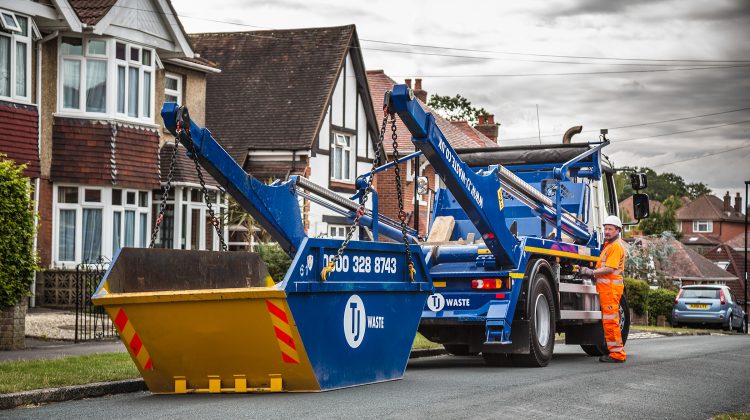
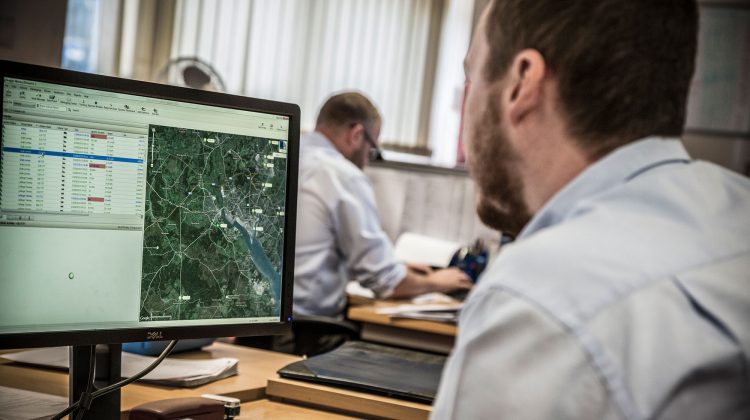
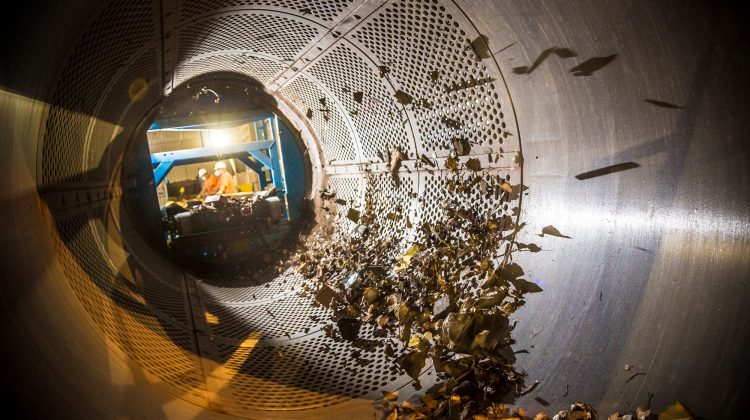
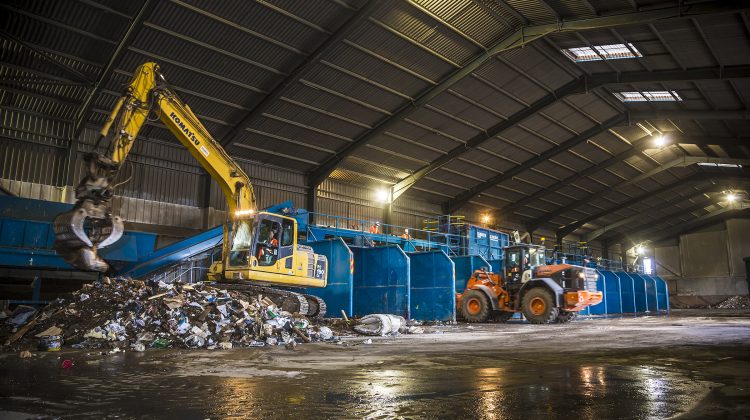
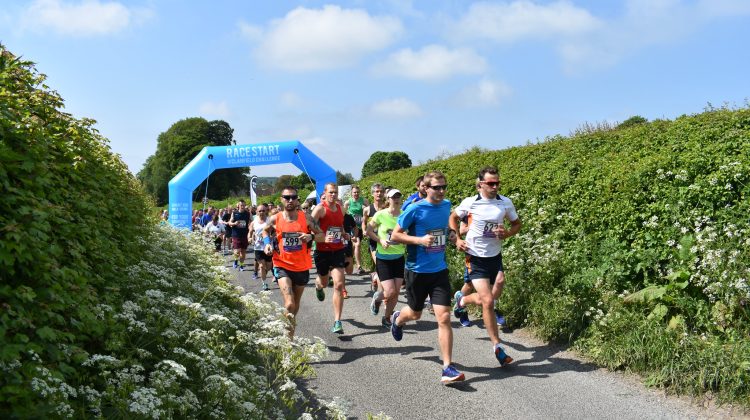

Change your stored postcode to update prices for your location.